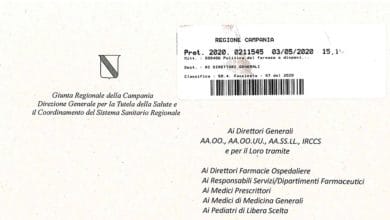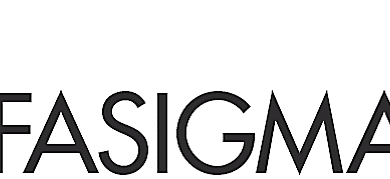
Jobs Act: Big Brother or big mess?
Of Guido Scorza | June 22, 2015 | Daily fact [extract]
 With the reformulation of the art. 4 of the Workers' Statute included in the Jobs Act it is simply hypothesizing to simplify the supply to employees of electronic communication tools which have now become part of everyone's daily life at home and at work.
With the reformulation of the art. 4 of the Workers' Statute included in the Jobs Act it is simply hypothesizing to simplify the supply to employees of electronic communication tools which have now become part of everyone's daily life at home and at work.
But, unfortunately, this rule is followed - in the government's proposal - by a further provision, which seems really badly thought out and worse written.
Here it is: “The information collected pursuant to the first and second paragraphs are usable for all purposes related to the employment relationship provided that adequate information is given to the worker on the methods of use of the tools and of carrying out the checks and in compliance with the provisions of the legislative decree of 30 June 2003, n. 196.”.
The point is that the provisions that precede it - i.e. those of the first and second paragraphs - do not establish anything in relation to the "information collected" by the employer, limiting themselves to allowing the latter to install certain devices and to deliver others to workers.
What information, then, does the government refer to? To all those collected through the appliances and devices installed in the company and supplied to the workers? If this were the case, it would be difficult to resist the temptation to join the chorus of those who accuse the government of paving the way for Big Brother scenarios.
While, in fact, with reference to the appliances and devices possibly installed in the company, the government proposal unequivocally establishes that they can be used "exclusively for organizational and production needs, for workplace safety and for the protection of company assets" and, therefore, it seems to limit the collection of information to those, possibly useful also to the control of workers, which should end up in the employer's network only in an "unintentional" way, with reference to smartphones, tablets and PCs, such a limitation is completely missing, with the consequence that the new regulation would enable the employer to make use of all the information in transit for the devices supplied to the worker also for direct control purposes.
In this regard, moreover, it must be kept in mind that the government is proposing to eliminate the current first paragraph of art. 4 of the Workers' Statute which, today, prohibits "the use of audiovisual systems and other equipment for purposes of remote control of workers' activity".
Once the general prohibition was dropped, employers - in the absence of any new regulation that perimeters the power of control - would return technically free to remotely monitor workers. And on point it is useless to appeal to the Privacy Code since, unfortunately, the rules concerning the protection of personal data and confidentiality in the employment relationship are limited to recalling - without even reproducing the text - the art. 4 of the Workers' Statute, which is exactly the rule that the government would like to completely reformulate.
It is difficult to read the rules contained in the Palazzo Chigi proposal differently.
If, therefore, Palazzo Chigi has no real intention of legitimizing forms of massive control of workers it is urgent that he put his hand to the rules just presented to Parliament, reformulating them, reintroducing the prohibition of any form of remote control of workers and limiting the employer's right to use the information collected through smartphones, tablets and PCs only to the information which it comes into possession unintentional.
Failing that, there will be no press release or official statement that would serve to avert the risk – whether or not this was the government's intention – that an employer installs, completely legitimately, an app on an employee's smartphone that allows him to to check if, how much and how it works and, possibly, also to fire him on the basis of the information collected.
Of course, to do so, he must first inform the worker and perhaps even obtain his consent, but, if one has the courage to put aside any form of hypocrisy, it must be recognized that these kinds of formal precautions are of very little value in an employment relationship and, in any case, certainly much less than an explicit prohibition of any form of remote control.
Ed.: The reflections expressed in the article tell us that Minister Poletti is either incompetent or makes fun of us, choose which one he prefers.
A second observation concerns the specific role of the ISFs. Spying on them will become legal, but the problem is, given the work they do, it will necessarily involve doctors as well. The tools they are equipped with can not only control the route they take, and at what times, but they can also record or video-record, without their knowledge, the meetings they have with the doctors. The spies, unbeknownst to the ISF themselves, could verify what the ISF says and if he says the things that the company has ordered him to say and verify (and see) what the doctor says or does.
Do doctors have anything to say? And AIFA has nothing to say and continues with its lack of controls?





